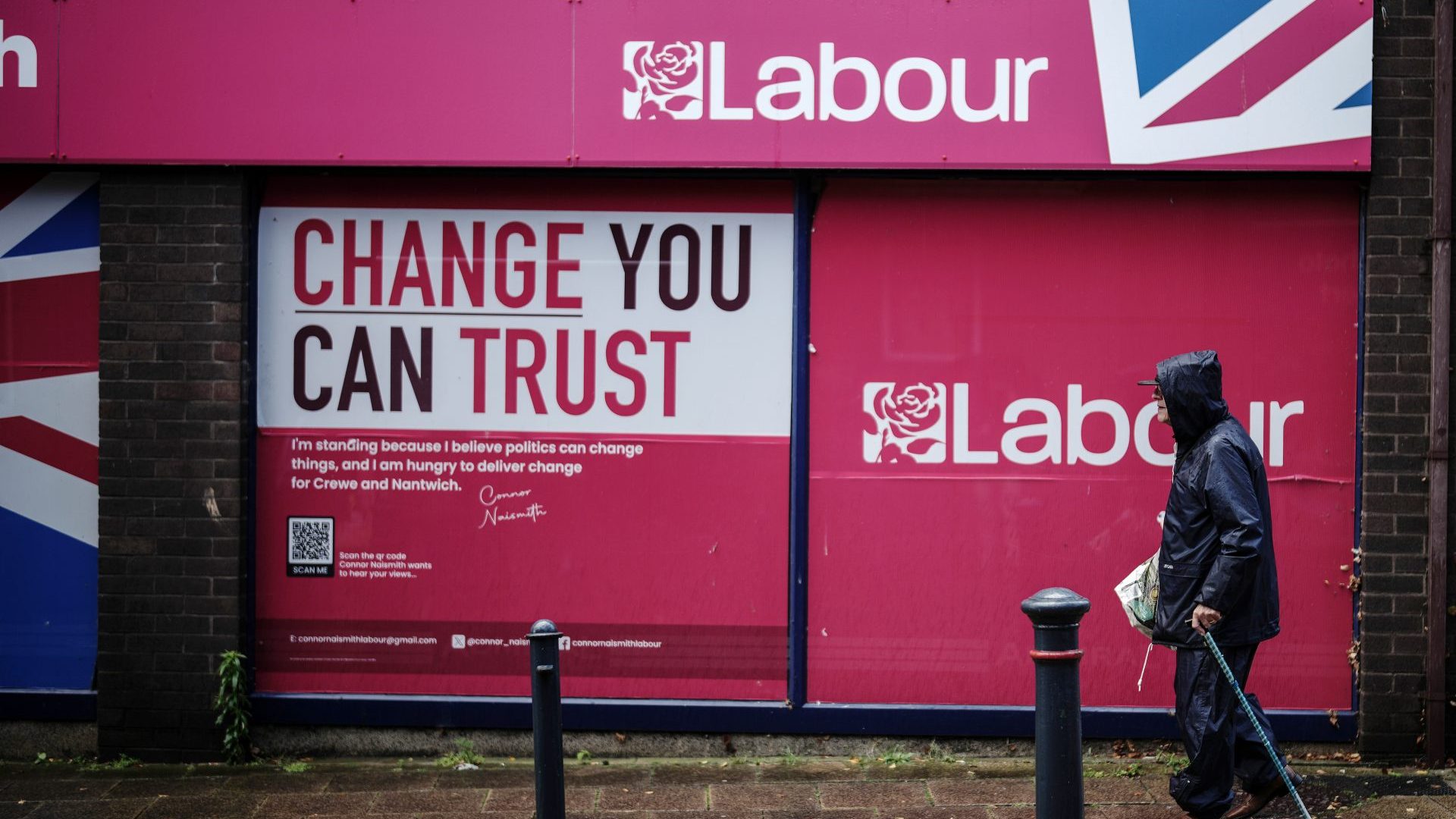Keir Starmer and his government won the parliamentary fight over the winter fuel allowance – as a new government with a huge majority, victory was inevitable. What is less clear is whether or not they have won the argument, or whether this is a decision that will return to haunt them.
In fact, the party leadership often seemed indifferent to actually making the case for their decision, beyond saying that the financial position left by the Conservatives forced them into it – as if this £1.4bn a year cut was the only possible option out of around £1,000bn a year in public spending.
But the refusal to have the argument over transforming Winter fuel allowance from a universal benefit into a means-tested one could easily prove to be a bigger mistake than the policy decision itself.
The reason why the allowance seemed a good target for savings was that it costs a lot of money, and a lot of the spending goes to people who don’t need it. Over-65s hold more than half of the nation’s wealth and have the lowest poverty rates in the UK. Taxpayer money was going to millionaires, which is generally a bad place for it to go.
Labour seemed to dodge making this argument because it’s so divisive. There is a belief among some people on the left that everyone should receive particular benefits or advantages, or else public support for welfare and the welfare state will drop. This idea – so-called “universalism” – is regarded as sacred on the left, and seen as a longstanding principle of the party (or of its socialist traditions).
It is not: the welfare state was introduced with an explicit contributory principle – if you hadn’t paid in through National Insurance, you were not eligible for benefits when you needed them. This was a measure supported by and even demanded by trade unions at the time.
The NHS initially offered free prescriptions for everyone, but this was quickly withdrawn under Clement Attlee’s government, with Nye Bevan’s acquiescence (though Bevan later resigned over charges for glasses and dentures). Giving support to people who don’t necessarily need it was never a point of principle.
The logic of the argument is generally that people are more likely to support welfare schemes if they benefit from them – but this logic is flawed and easily upended. If families get government money that they don’t need, they might as easily wonder just what proportion of their taxes is being given away to people who don’t need it. Wouldn’t the money be better spent if it were targeted?
Sometimes that targeting is about spending money better: Gordon Brown was a great believer in means-testing because it let him direct money towards people who needed it, without blowing up the public finances. At a time when those finances are tight and are set to remain so for years, means-testing is the only way anything meaningful will get done.
Targeting can have spillover benefits beyond that, too – such as making up for shortcomings in public data. In a system introduced under the coalition government (at the insistence of the Liberal Democrats), schools received more funding for each student they accepted from a disadvantaged background, which was known as the “pupil premium”.
This was targeted on the basis of students eligible for free school meals. The schools already had that data, and so there was no need for schools or parents to fill out extra forms.
Parents had an incentive to register for free school meals already, because it saved them the cost of lunches, and it also became worth over £1,000 per pupil to the school, per year. Making school meals free universally would bring some benefits with it, but it would come at the cost of the easy and effective targeting measure for school funding.
Grounding welfare in the naïve version of universalism makes it more difficult to argue against right wing ideas that seem generous but in reality undermine the very existence of social welfare. The idea of “taking people out of tax” by raising the tax-free allowance was advertised as benefitting low earners – but because it lifted it for everyone, it overwhelmingly benefitted higher earners. Universal Basic Income, the idea of paying a monthly lump sum to all citizens, if properly realised, guts the welfare state to give wealthier households money they don’t need.
A better version of universalism is a state that makes sure welfare support is available to anyone who needs it, when they need it – not a state that badly targets its resources to try to bribe richer voters into thinking the system works (essentially making it work less well in the process).
Labour could have used the Winter fuel allowance issue as a way to make this case and have this argument – which then could have informed the rest of its policy. Once we accept that targeting is good, we should look for ways to make it easier, cheaper and more effective.
Cutting the paperwork requirements, cutting delays, making sure payment is prompt and that people eligible for benefits who don’t get them are targeted could all make a huge difference to people who need it, at a fraction of the cost of universal benefits. There is a very good case to make here – but the government does need to actually make it.




